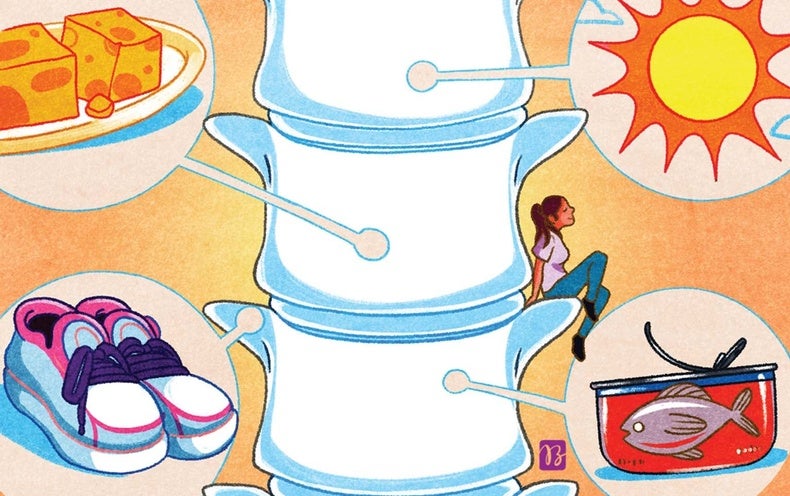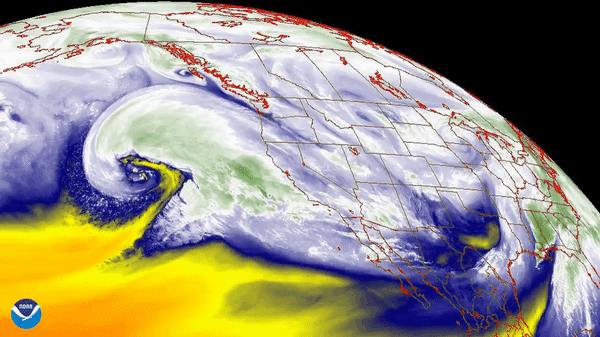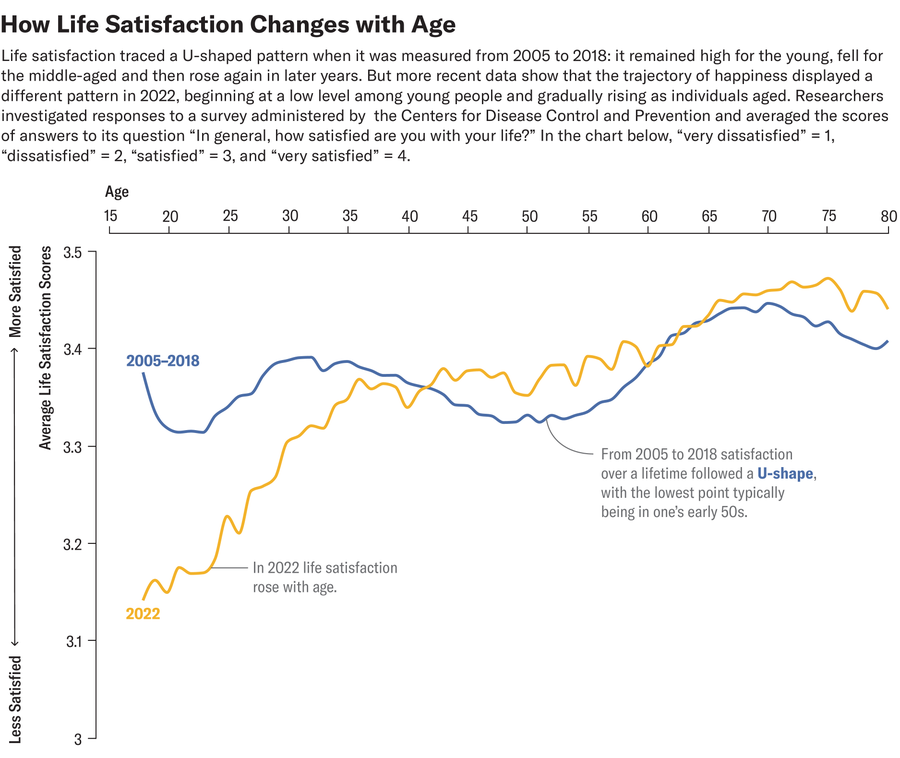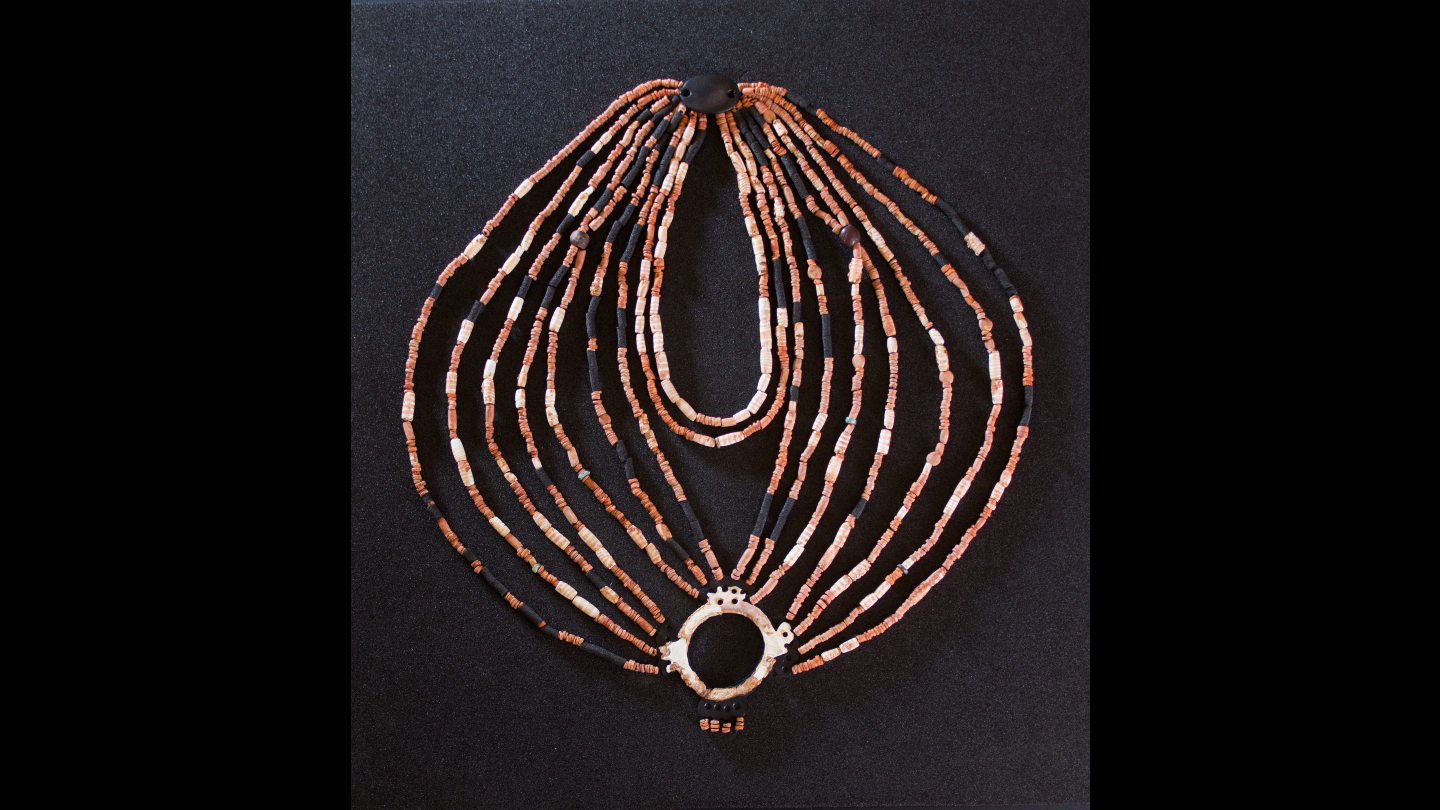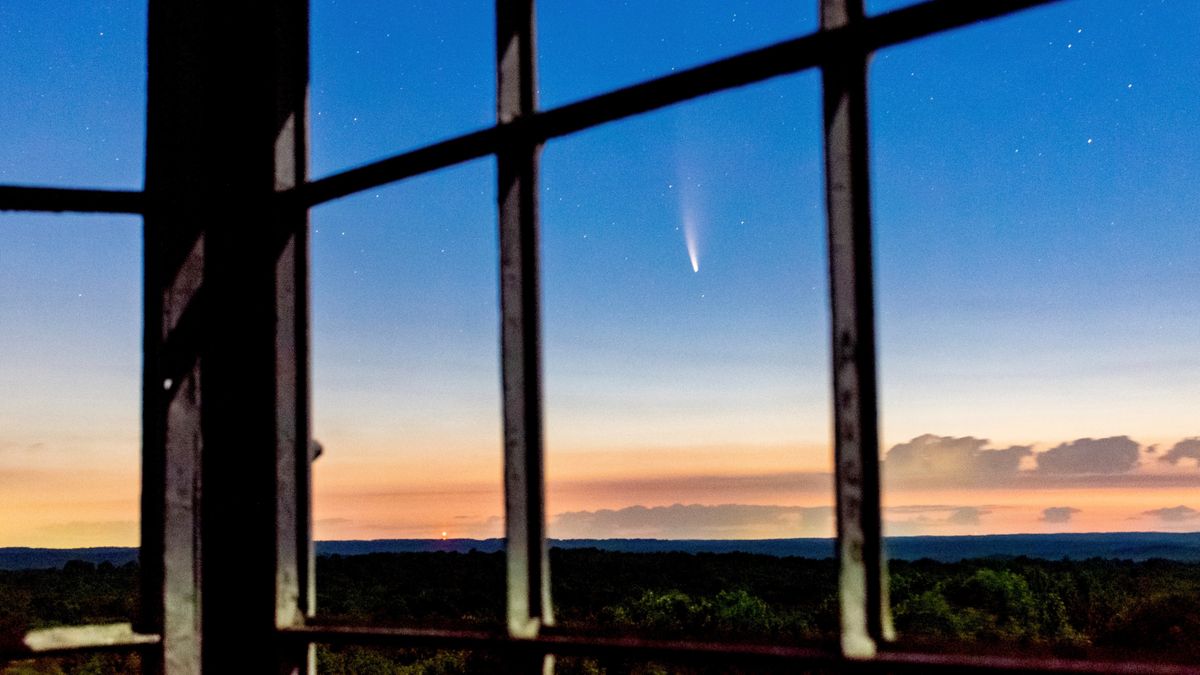Among my friends, many of whom are women of a certain age, one topic seems to dominate our conversations about health: bones. It makes sense, given that 20 percent of American women ages 50 and older have osteoporosis and that more than half have detectable bone loss (osteopenia). For men, the respective figures are lower: 4 percent and a third. Worldwide, one out of three women over age 50 and one out of five older men will develop an osteoporotic fracture—a hip, a wrist, a vertebra or two. Another reason for the endless jawboning about bones is mass confusion over how best to strengthen your skeleton and whether diet and supplements really make a difference.
Diet research is always messy, and study results on nutrition and bone health have been wildly inconsistent. But gradually some clarity is emerging. As we draw up resolutions for what to eat in the coming year, it’s useful to look at new data on vitamin D, as well as recent research on coffee and other foods.
Bone is a dynamic tissue, constantly replenished with new cells. Calcium is the key nutrient for building bone, and vitamin D enables the gut to absorb calcium from the food we eat, so doctors often recommend D supplements to counteract age-related bone loss. Today more than a third of American adults ages 60 and older pop this vitamin.
But to the surprise of many, a huge study published this past summer in the New England Journal of Medicine found that taking vitamin D for five years did not reduce the rate of fractures in healthy adults ages 50 and older. That result built on earlier findings, led by the same team, that D supplements do not improve bone density (or, for that matter, lower the risk of cancer or heart disease). An editorial accompanying the fracture study declared that it’s time for medical professionals to stop pushing these pills and quit ordering so many blood tests for vitamin D levels.
“Food and incidental sun exposure likely provide enough vitamin D for healthy adults,” says endocrinologist Meryl LeBoff of Brigham and Women’s Hospital in Boston, who led the study. But LeBoff puts an emphasis on “healthy” adults. The study did not focus on those who already have osteoporosis and/or take medications for it. Such people would be wise to remain on extra vitamin D and calcium, she advises.
What does help maintain strong bones for all of us? The easy answer is foods that are high in calcium, such as dairy products, sardines and tofu. Health authorities recommend a lot more calcium than most of us routinely get: 1,300 daily milligrams for kids ages nine through 18 who are building bone density for a lifetime, 1,000 daily mg from age 19 to 50 and 1,200 mg for women after 50 and men after 70. Federal surveys indicate that only 61 percent of Americans and just half of children hit these targets, which, admittedly, takes some effort. For example, you would need to eat at least three daily cups of plain yogurt or nearly nine cups of cottage cheese to get 1,200 mg of calcium. Getting it from food is best, LeBoff says, “because there are so many other nutrients, and you have a more continuous absorption than with a pill.”
For those of us who like to start our day with coffee, modest consumption may help our bones. Although very high levels of caffeine—say, six to eight cups of coffee—cause calcium to be lost in urine, one or two cups seems to have a beneficial effect. A study led by Ching-Lung Cheung of Hong Kong University linked three digestive by-products of coffee with greater bone density at the lumbar spine or upper thigh bone. “Coffee intake, if not excessive, should be safe for bone,” he says, “and if you still have concerns, add milk!”
Alcohol, too, is best in moderation. Excessive drinking can disrupt the body’s production of vitamin D and interfere with hormones that promote bone health. On the other hand, fizzy water has been wrongly maligned: it does not weaken bones, although evidence suggests that cola and soda pop may do so.
The other key element of skeletal health involves calories out rather than calories in. Weight-bearing exercise stimulates bone formation throughout life. And you don’t have to heft dumbbells. Just supporting your own weight while walking, running or jumping does the trick. So while boning up on better nutritional choices, add more exercise to your menu of New Year’s resolutions.



